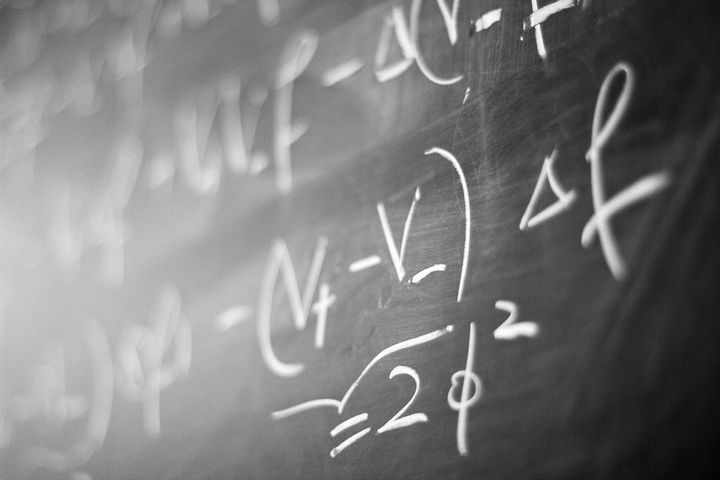Summer 2012
The Russian Math Deluge
What was a collaborative boon for some American academics turned out to be a liability for others.
Well-educated immigrants are almost always considered a net positive for the U.S. economy, especially if they work in the fields of math, science, or engineering. Economists George J. Borjas of Harvard’s Kennedy School of Government and Kirk B. Doran of the University of Notre Dame say that this equation is far from straightforward, at least judging from the case of mathematicians who immigrated to the United States from the former Soviet Union in the early 1990s.
The collapse of the Soviet Union in late 1991 caused a deluge of emigration, particularly among the highly educated. One thousand mathematicians picked up and left their troubled homeland, with about a third settling in the United States. Like many Soviet professionals, mathematicians had been prohibited from exchanging ideas with their colleagues beyond the Iron Curtain. As a result, Soviet mathematics had developed deeply in some areas while veering away from topics that were popular in the United States. The arrival of this unique breed created a stir. One Harvard mathematician told The New York Times, “It’s been fantastic. You just have a totally fresh set of insights and results.”
But what was a collaborative boon for some American academics turned out to be a liability for others. Borjas and Doran gathered a range of data relating to the publications, citations, and professional affiliations of American and Soviet-born mathematicians working in the United States over the past 70 years. They found that the arrival of the Soviet cohort corresponded with a drop in the productivity of American mathematicians working in the fields in which the expatriates specialized. The American mathematicians published about 1,050 fewer papers and received about 2,700 fewer citations per year between 1992 and ’99. There were larger consequences: In comparison to their predecessors, the American mathematicians were much less likely to publish reputation-establishing “home run” papers, and much more likely to move to lower-ranked institutions or leave the field.
Moreover, the huge spurt in productivity that one might expect from a fresh crop of knowledge workers did not materialize. Citation and publication numbers for all mathematicians working in the United States stayed basically the same.
American mathematicians probably learned quite a bit from their ex-Soviet counterparts, the authors say. But since the field’s resources—in this case, jobs and publishing opportunities—were scarce, some had to fall off the vine.
THE SOURCE: “The Collapse of the Soviet Union and the Productivity of American Mathematicians” by George J. Borjas and Kirk B. Doran. The NBER Digest, June 2012.
Photo courtesy of Wikimedia Commons
